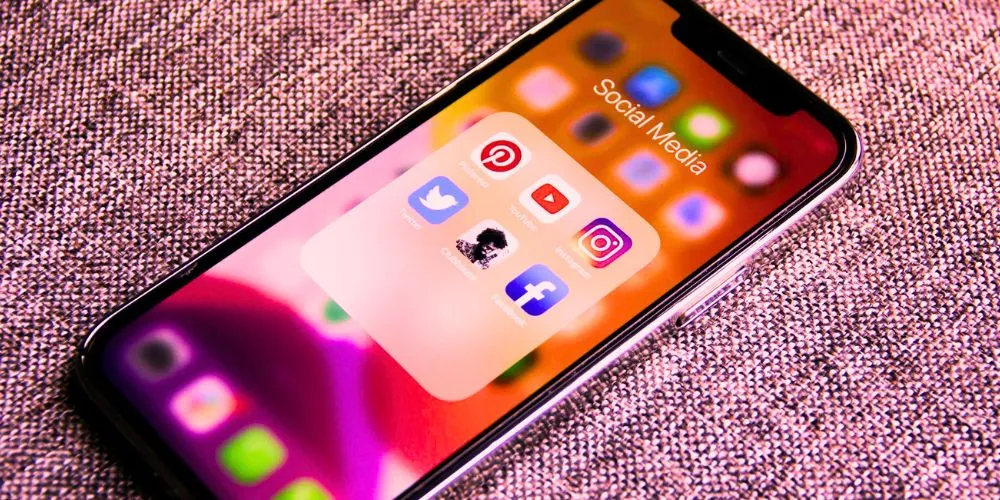Key Points
- The head of a major trial says age-checking technology is effective enough to enforce Australia’s social media ban for kids under 16.
- Starting in December, platforms like Meta and TikTok will be required to block users under 16 or face fines of up to $32 million.
- The trial head warned that no single product works perfectly and that some apps collect too much user data.
- The entire world is watching Australia’s experiment to see if it can serve as a model for other countries.
The head of a major technology trial in Australia delivered some significant news on Friday: the country’s controversial plan to ban children under 16 from social media can be effective.
Starting this December, Australia is set to enforce a world-first ban, requiring companies like Meta, TikTok, and Snapchat to take concrete steps to block young users or face substantial fines of up to $32 million. Many people were skeptical, worried that kids could simply use tools like VPNs to circumvent the rules.
But Tony Allen, who oversaw the huge trial involving over 1,000 students, said the technology is up to the task. “Age assurance can be done in Australia privately, efficiently, and effectively,” he said.
However, he was quick to point out that it’s not a perfect system. He warned that no single age-checking product works 100% of the time and raised concerns that some of the apps they tested collect excessive personal data from users.
The trial itself just wrapped up. A comprehensive report will be submitted to the Australian government next month, which will assist officials in establishing the final rules for the tech industry before the December deadline. The government’s eSafety Commissioner welcomed the news, saying it was a “useful indication” that the ban could be both effective and private.
With governments around the world watching closely, Australia’s bold experiment could become a blueprint for how to handle kids and social media.





